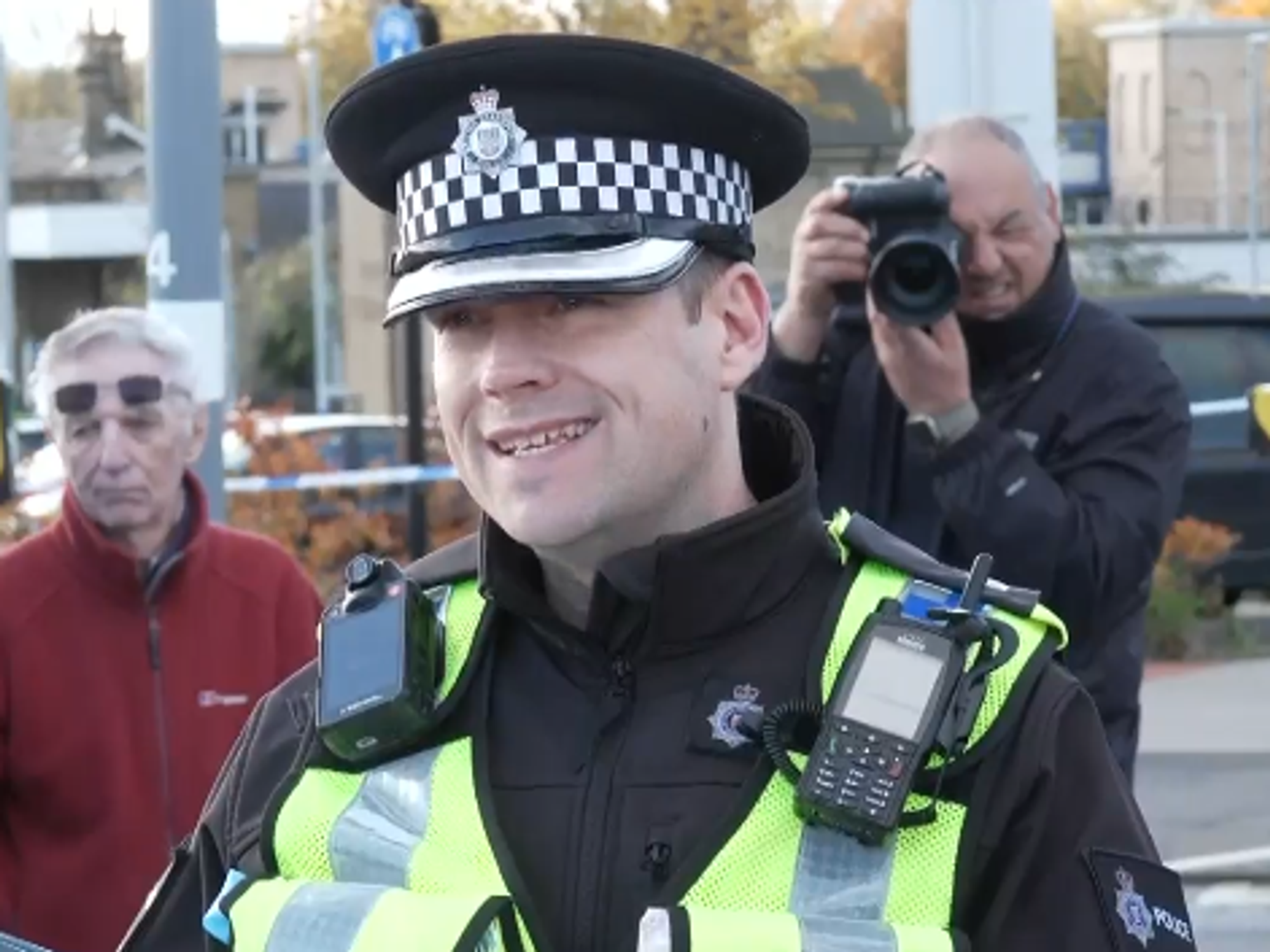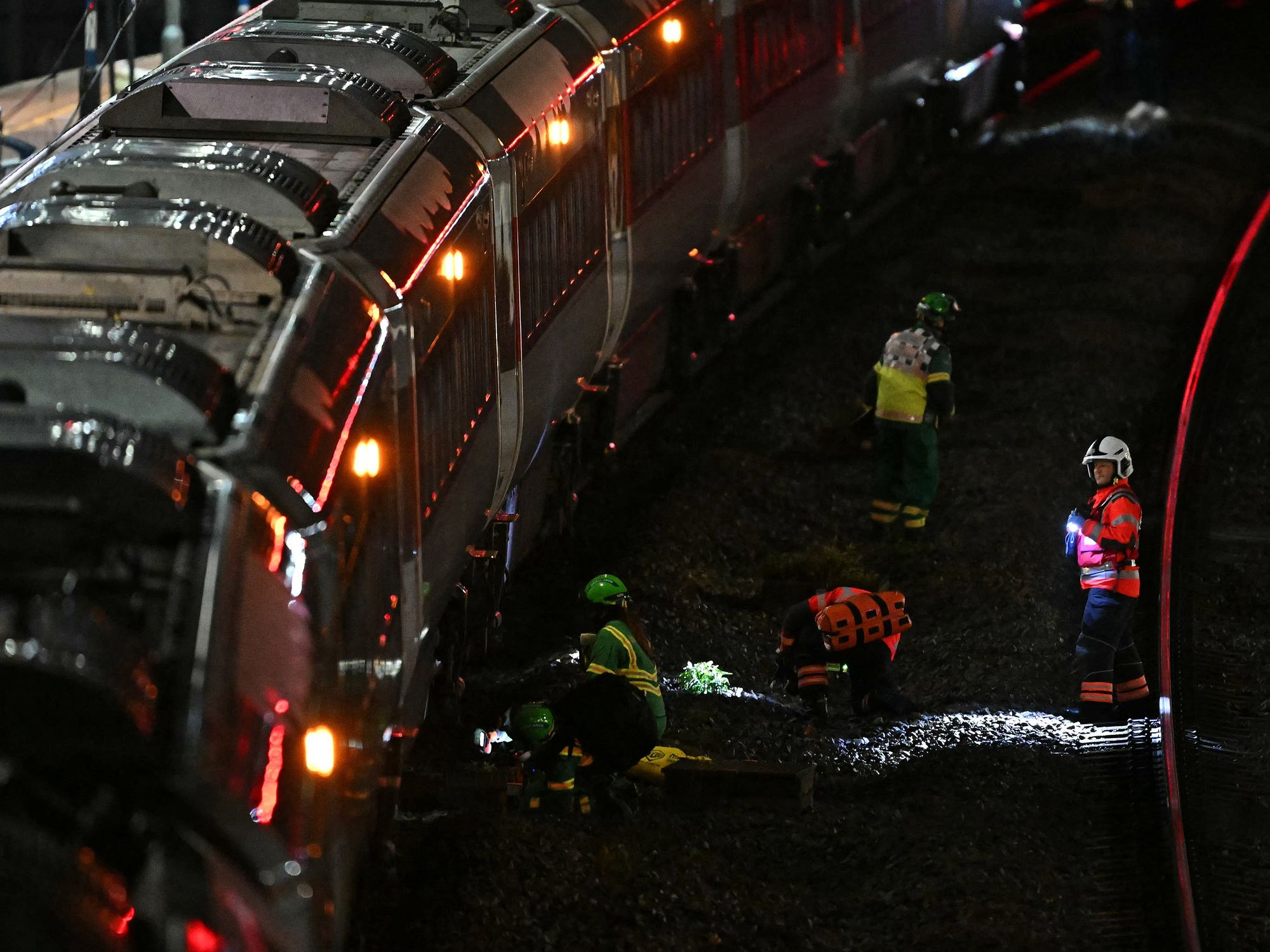Outrage after judge wishes al-Qaeda mastermind behind 7/7 bombings 'all the best' as he prepares to be released onto Britain's streets

Sir Robert Jay made the comment to former Abu Hamza associate Haroon Aswat
Don't Miss
Most Read
Trending on GB News
A British judge has caused outrage after he wished the mastermind behind the 7/7 tube bombings in London "all the best" as he prepares to walk free.
Sir Robert Jay made the remark to Haroon Aswat, who is set to be released from hospital to Yorkshire despite police fears he remains a threat.
Mr Aswat was jailed for 20 years in the US after he admitted conspiring to set up a terrorist training camp in Oregon.
After being deported to the UK in 2022 after completing his sentence in the US, he was detained under the Mental Health Act.
He is set to be released imminently, although an exact date has not yet been confirmed.
Court documents obtained by The Sun stated Mr Aswat confessed to being a "mastermind behind the 9/11 attacks and a 2005 terrorist attack in the UK."
Mr Justice Jay told Mr Aswat: "I have to wish you all the best and say to you that the way forward is to keep on your medication, listen to the advice you are going to get, and keep out of the sort of things you were doing.
"Because you saw where it ended up and you do not want to go back to that, I am sure."

Haroon Aswat is expected to return to his family home in Yorkshire in the 'relatively near future'
| PAMr Aswat first became associated with firebrand radical Islamic preacher Abu Hamza at the Finsbury Park mosque in the mid-90s.
With Hamza, he helped to co-ordinate 200 UK-based men of Pakistani origin to engage in terrorism in Jammu and Kashmir regions.
In November 2004, he met with Mohammad Sidique Khan and Shehzad Tanweer in Pakistan.
Around eight months later, Mr Khan, alongside Mr Tanweer, would orchestrate the London bombings on July 7, 2005, which killed 52 people. Mr Aswat was never charged in connection with the attack.
He is set to be freed without ankle tag monitoring due to a loophole which forbids checks on psychiatric patients.
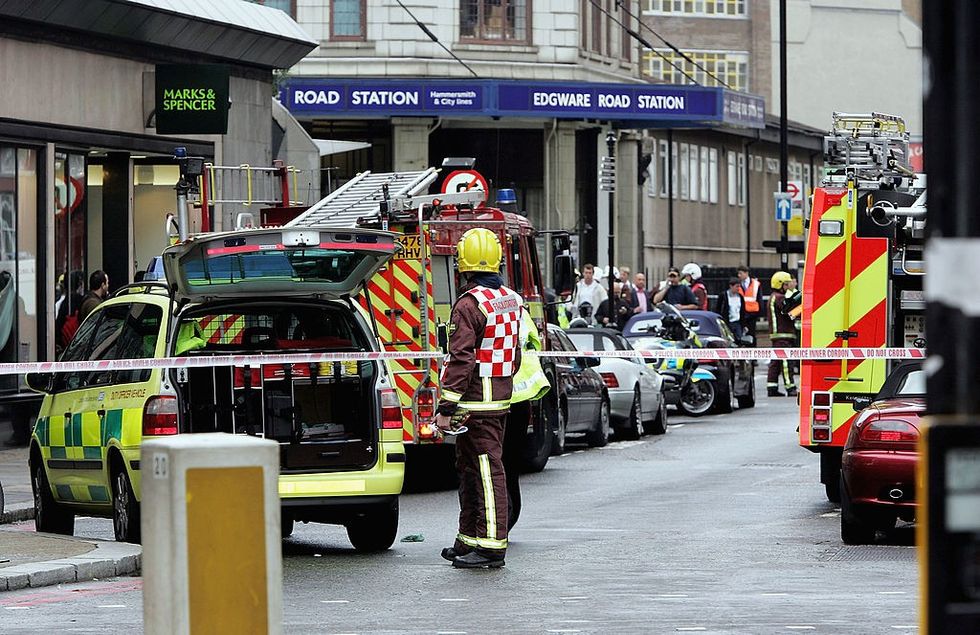
Emergency services arrive at Edgware Road station on July 7, 2005
|GETTY
Reacting to the news of Mr Justice Jay making the remark to Aswat, Shadow Justice Secretary Robert Jenrick said: "Nobody should be wishing this evil terrorist 'well' and sympathising with their time in prison, least of all a High Court judge.
"Justice Jay should be ashamed of acting pally with a convicted terrorist."

Robert Jenrick said Justice Jay should be ashamed
| GETTYThe High Court hearing was Mr Aswat's first public appearance since he was deported back to Britain in 2022.
He is currently held at Bethlem Royal Hospital in South London.
Security concerns skyrocketed after probation officials refused to assess his risk due to regulations that forbade checks on psychiatric patients.
Detective Chief Supt Gareth Rees, a senior anti-terror detective, said he had "grave concerns" that Aswat remained a risk to national security.
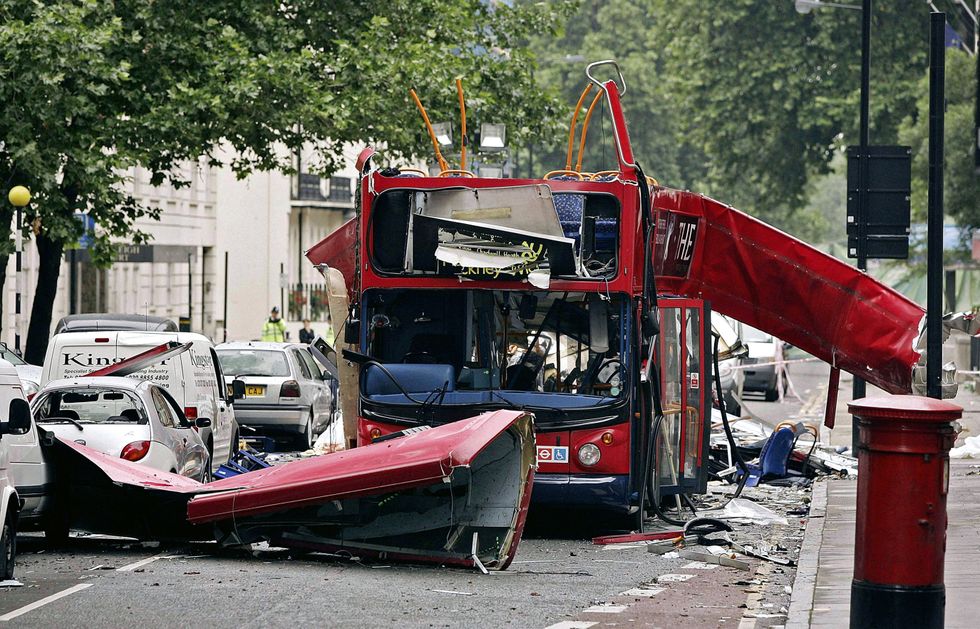 Aswat confessed to his role in plotting the 9/11 attack and 7/7 bombings whilst behind bars | PA
Aswat confessed to his role in plotting the 9/11 attack and 7/7 bombings whilst behind bars | PAReacting to the reports on GB News, human rights lawyer David Haigh told The People's Channel: "I think a bad judge and a very, very bad choice of words.
"It is very, very, very, very difficult to raise a complaint against a judge. First of all, you only have a short period of time to do it in, and there's a very few instances in which you could raise a complaint. These words wouldn't pass that test.
"So if someone complained about him, if someone like Nigel Farage did put a complaint about him in, it wouldn't be upheld on the rules that there are at the moment.
"That's why those rules are not fit for purpose. And last week I was arguing we need a register of interest for judges as well."
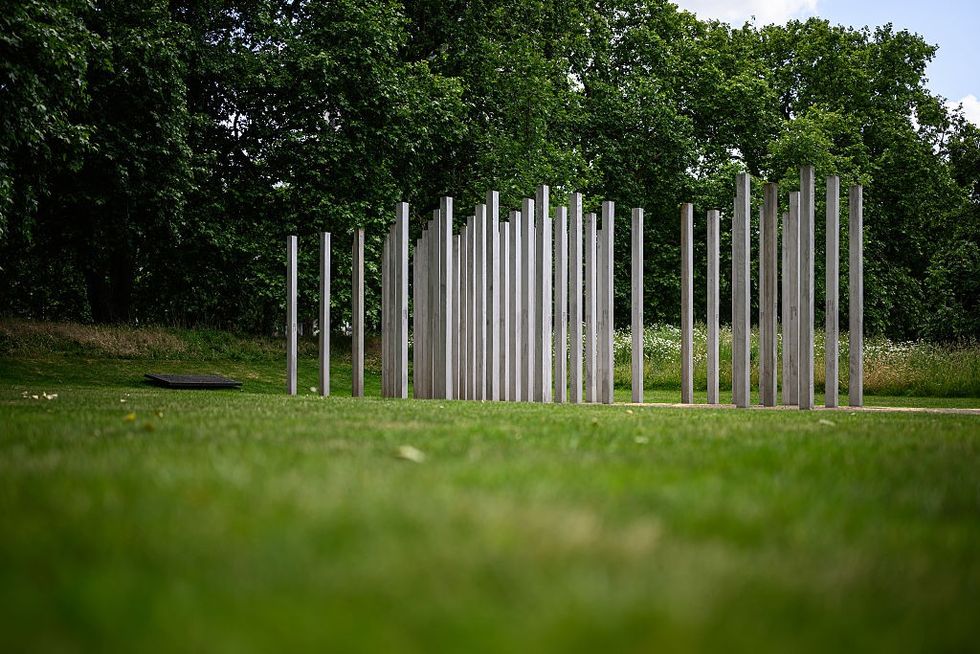
The memorial to the 52 people killed in the 7/7 attacks in Hyde Park, which Aswat confessed his role in
| GETTYA Government spokeswoman said: “If any individual poses a threat to national security the police and intelligence services have a range of powers they can apply.
"We will always do whatever is necessary inside the law to protect the public from any risk posed by former terrorist offenders or people of terrorist concern."










